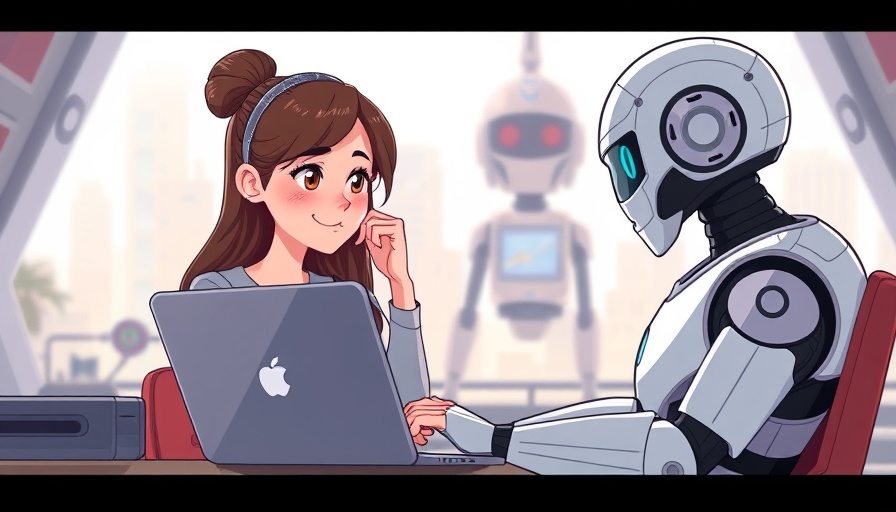
Reassessing AI's Role in Society
Artificial Intelligence (AI) is often at the center of heated debates surrounding technology's impact on society. While many focus on the potential threats posed by AI—such as job displacement and ethical dilemmas—it's crucial to also acknowledge the transformative benefits it brings, particularly for marginalized communities. For disabled individuals, AI has not just enhanced accessibility but also reshaped the way they engage with the world around them.
The Positive Impacts of AI on Disabled Lives
A myriad of innovations have occurred, from AI-powered applications that assist with communication for those with speech impairments to smart home technologies enabling increased independence for wheelchair users. For example, voice recognition software allows individuals unable to use traditional input devices to control their environments, enhancing both autonomy and dignity.
AI and Societal Change: Beyond the Negativity
Despite the technology's potential downsides, dismissing AI's societal contributions overlooks the progress made in social good initiatives. Many organizations are leveraging AI for humanitarian reasons, such as predictive analytics for health care accessibility or targeted learning tools in education that cater to diverse learning needs. For the disabled community, this means a new frontier of opportunities that were unimaginable just a few years ago.
Cultural Implications of AI Advancements
The cultural discourse surrounding AI largely shapes public perception and policy. Increased visibility of AI's benefits for disabled individuals can foster a more inclusive atmosphere in technology development, leading to software and hardware designed with universal access in mind. Policymakers are beginning to understand that AI can be a powerful tool for leveling the playing field, thus shifting narratives from fear to strategic empowerment.
Future Predictions: A More Inclusive Tomorrow
As AI technology continues to evolve, the potential for positive societal impacts grows exponentially. With ongoing advocacy for ethical AI standards and inclusive practices, the future may see a world where individuals with disabilities can seamlessly integrate into all facets of life, showcasing just how transformative technology can be.
AI can indeed be a double-edged sword, but recognizing and amplifying its positive contributions to society—especially for marginalized communities—can lead to far-reaching benefits. It’s essential as a society to champion these advancements while remaining critical of the inequalities they may perpetuate.
 Add Row
Add Row  Add
Add 




 Add Row
Add Row  Add
Add 



Write A Comment